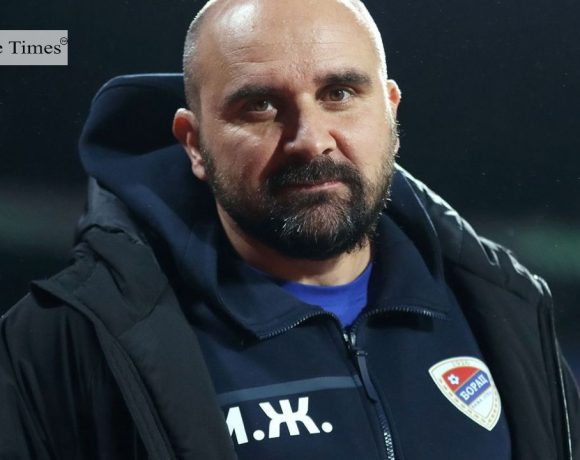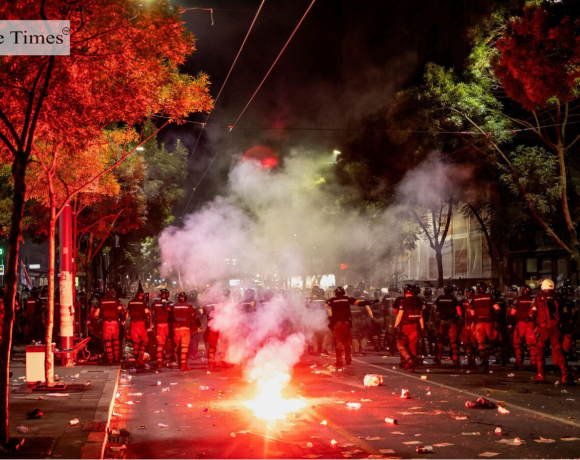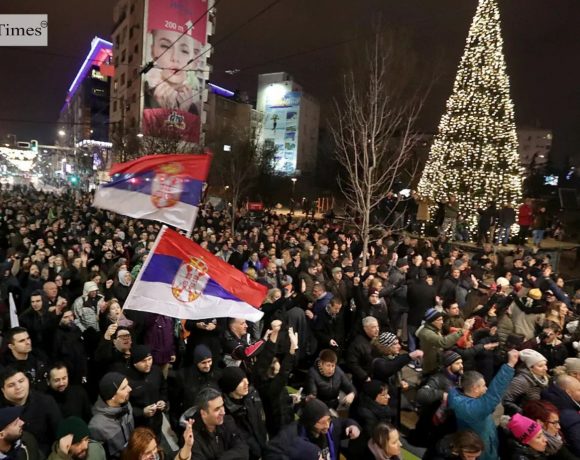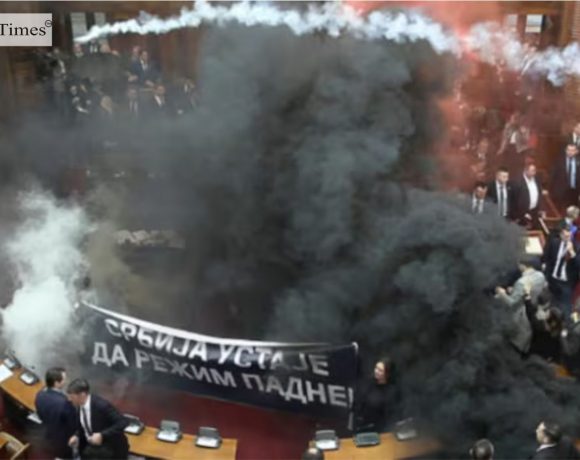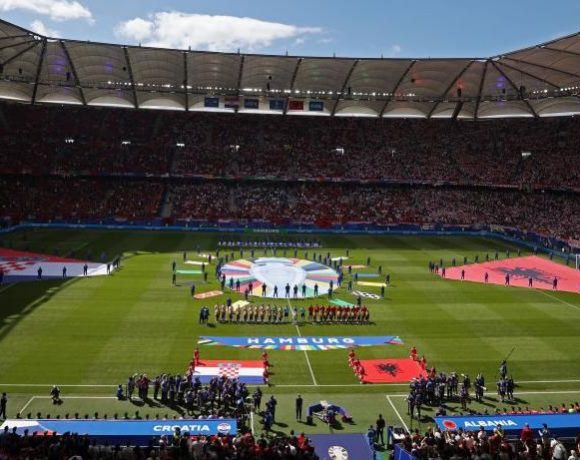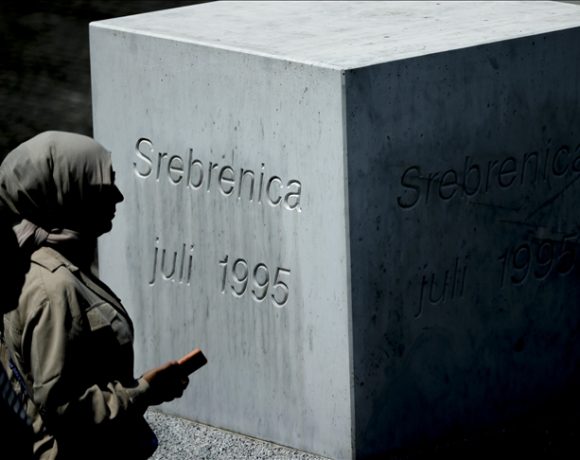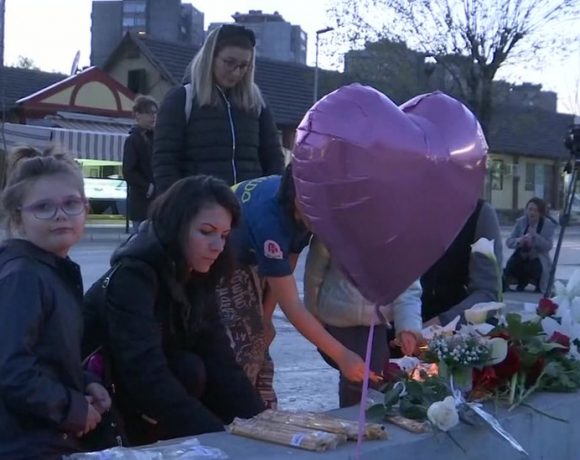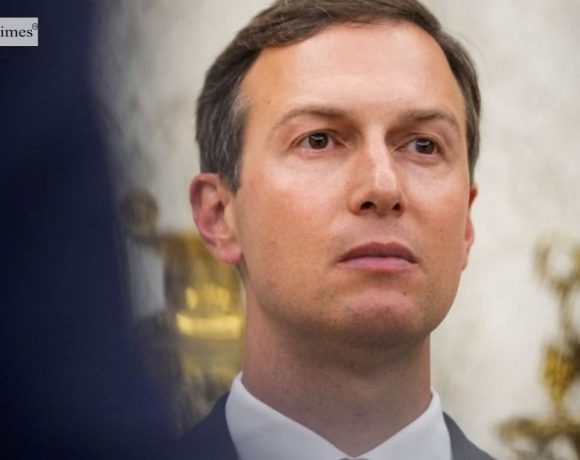
Serbia risks losing vital foreign investment following the decision by Jared Kushner’s firm, Affinity Global Development, to withdraw from a major luxury real estate project in Belgrade, according to an official from the country’s ruling party. Milos Vucevic, head of the Serbian Progressive Party (SNS), warned that the move sends a negative signal to international investors and could benefit other Balkan nations instead.
Affinity Global Development had planned to build a large-scale complex including a hotel, apartments, offices and retail spaces on the site of the former Yugoslav army headquarters in central Belgrade, under a 99-year lease agreement signed last year. However, the project faced strong public opposition, with critics arguing the site should be preserved as a memorial for victims of the 1999 NATO bombing. The plans also became entangled in a corruption investigation linked to the removal of the buildings’ protected status.
Vucevic said protests and political pressure ultimately discouraged investors, claiming the withdrawal reflects poorly on Serbia’s investment climate. He added that Kushner is instead pursuing a separate development project in Albania. Serbian prosecutors last week indicted three officials, including a minister, over alleged illegal actions that enabled the project to move forward. Affinity Global Development has not commented, and there is no indication of wrongdoing by Kushner or his firm.
Pic courtesy: google/ images are subject to copyright


